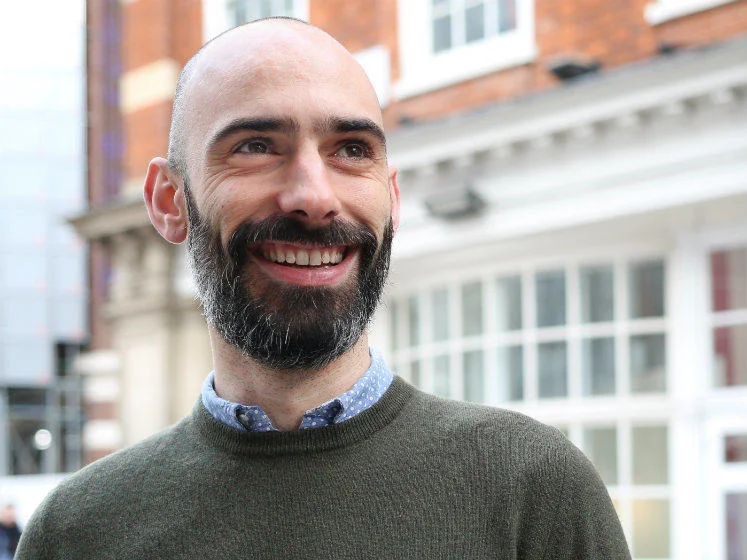Interview with Joe Roussos
Researching how policymakers can make decisions in the face of highly uncertain science
Joe is a research candidate in the Department of Philosophy, Logic and Scientific Method
Ideally, [my research] will have a direct impact on how politicians and policymakers make some of the most difficult decisions they face, such as those about climate change or natural catastrophes.

What are you currently researching?
Policymakers often want to use scientific evidence to help them make decisions. But, frequently, there is disagreement or uncertainty in the science that means they can’t get a single, straightforward answer.
When experts disagree or are uncertain, it can make decision-making really challenging, and I think that many of the ways people deal with this uncertainty today are arbitrary or problematic.
My research looks at what policymakers should do in this kind of circumstance; how best they can make decisions in the face of highly uncertain science.
What attracted you to this area of research?
First, it is a great combination of things I am interested in. My research allows me to work on some quite specific questions in the philosophy of science (which I have been interested in since I did my Master’s in Physics) with some very broad questions about knowledge and uncertainty.
Second, it is very practical: my research aims to help people make important decisions. While I love philosophy for its own sake, I also think it is at its best when in conversation with other disciplines and areas of life.
How will your research improve or have a wider impact on society?
Ideally, it will have a direct impact on how politicians and policymakers make some of the most difficult decisions they face, such as those about climate change or natural catastrophes.
The potential applications are wide; the output of my research is a decision-making methodology which is applicable in any circumstance where people face the kind of uncertainty I am interested in.
For example, I currently work with an insurance company that sells insurance on hurricane damage to houses in Florida. My research aims to change how they think about pricing insurance contracts and allocating capital holdings.
Another example we are considering is how the Indian government allocates resources for earthquake disaster relief. In each of these cases, my research advocates for a decision-making procedure that is more sensitive to what is at stake, and also more representative of the state of scientific knowledge.
What do you hope to do career-wise, long term?
I would like to work in academia, but in a way that allows me to continue working with scientists and decision-makers. To me, this looks like doing research that is relevant to people outside of my discipline, and outside of academia, as well as working directly with policymakers on decision-making.
What are your top three tips to prospective students on the most effective way to approach research and keep stress levels down?
A PhD is a job, and like any job it is hugely improved by the appropriate incentives and structure. To me this has two parts: (1) setting and working towards goals, with regular milestones where I have to complete something and talk about it with my supervisors; and (2) working steadily and regularly.
Finally, I find it calming to remember (or tell myself!) that a PhD is just the first step in a career, rather than a magnum opus that needs to be perfect or revolutionary.
What resources are available at LSE to help young researchers?
I think the PhD Academyis a great resource, and everyone should take advantage of it. I’ve also really benefitted from the Disability and Wellbeing Service— they are a great group who work to make sure everyone at LSE can succeed.
What do you enjoy most about studying at LSE?
I love the diversity of people, and the remarkable variety and depth of research.